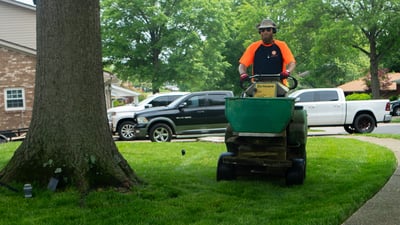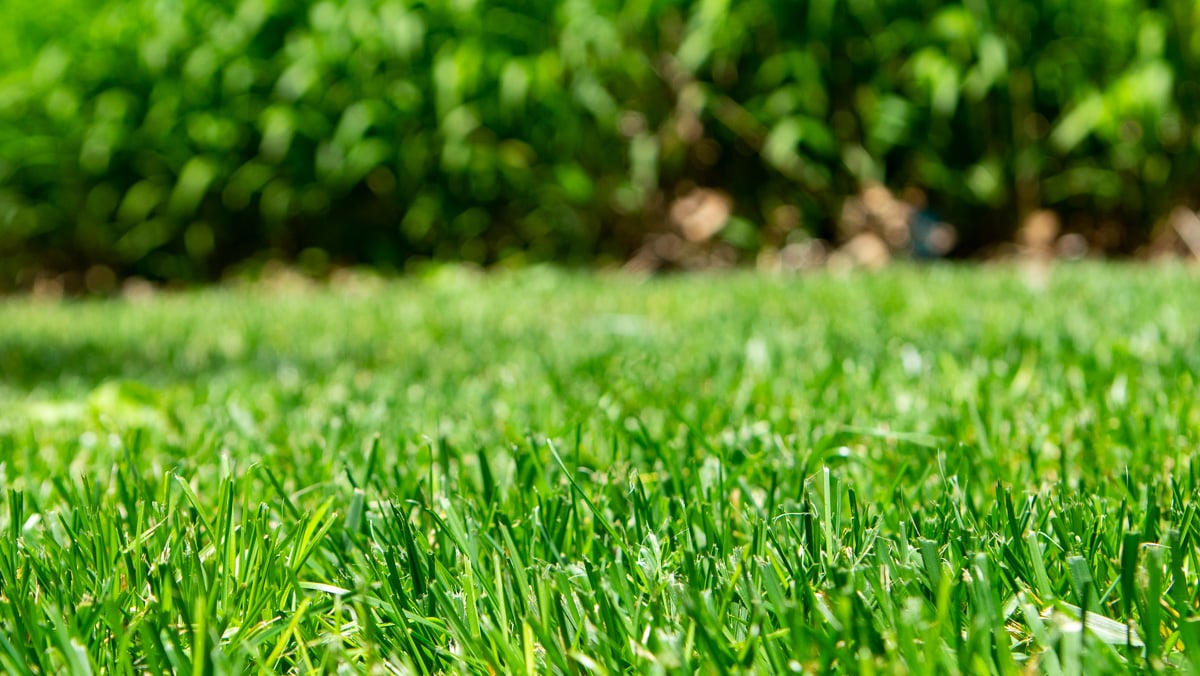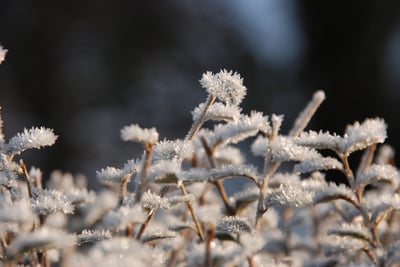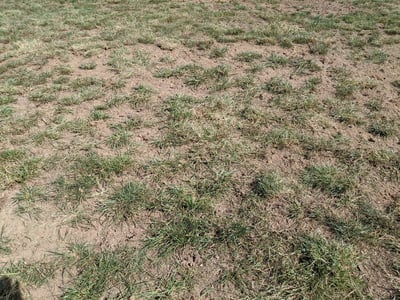Weeds are a major source of frustration. But some weeds are worse than others. Dallisgrass is one of those particularly troublesome weeds that can be an aggressive grower and difficult to control. This perennial, grassy weed grows in a clumping pattern and can quickly outgrow turfgrass.
If you’ve already noticed this weed (or are just worried about it), you might be interested in how to remove dallisgrass.
In this article, we will dive into why this weed is such a problem. We’ll also cover best practices for dallisgrass control.
What You Need to Know About Dallisgrass
Of all the different weed types, grassy weeds can be particularly difficult to combat. In general, grassy weeds tend to be highly aggressive and fast-growing.
Dallisgrass is one of these grassy weeds. Sometimes mistaken for crabgrass (they do have a similar appearance), dallisgrass can be distinguished by its black seeds. It has wide leaves that are a bit more yellowish in color than crabgrass. Most of the time, if we get a call about “crabgrass” in July or August, it turns out to be dallisgrass.
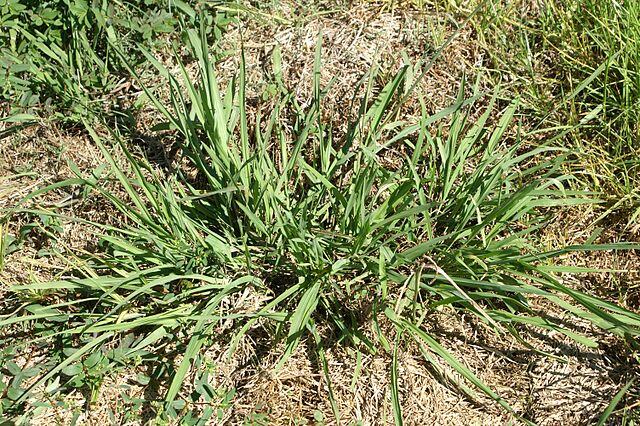
Dallisgrass is a deep-rooted perennial, and is much more difficult to control than crabgrass due to it’s resistance against most selective herbicides.
Dallisgrass is often often introduced to lawns through the use of contaminated dirt during construction projects, or from neighboring lawns with a large number of plants.
There are a couple of reasons why dallisgrass can pose such a problem and why you’ll want to explore dallisgrass control methods.
- For one, it’s a major eyesore. Because it grows so fast, it will quickly outgrow your healthy turf. You’ll have all these random areas of dallisgrass towering over your lawn. This can detract from your lawn’s overall beauty, value, and appeal.
- Dallisgrass is not only ugly, it can also outcompete your lawn, crowding out healthy and desired turfgrass to make room for new growth. Dallisgrass might deprive your lawn of sunlight, water, and nutrients, as it takes these necessary elements for itself. If given the chance, dallisgrass will take over your lawn. Soon, you could have more weeds growing than healthy turf.
How to Remove Dallisgrass
What is the best way to kill dallisgrass? With a weed as pesky and problemsome as dallisgrass, you want to take the right steps to control it.
There are three ways to address dallisgrass control.
- Selective herbicide control. One possibility is with herbicidal control. Weed control products containing MSMA can control dallisgrass. However, products with MSMA are not labeled for residential use. This is how dallisgrass is typically addressed on golf courses.
- Dig it up. You can dig dallisgrass up, but any undug rhizomes in the soil will grow new plants.
- Spot spray it. The best solution is to spot-spray dallisgrass plants with glyphosate (Round-Up®) in August. This product will translocate down to the root zone and kill the entire plant, preventing regrowth. Once the dallisgrass has died, you can power seed over those areas to plant the dead spots.
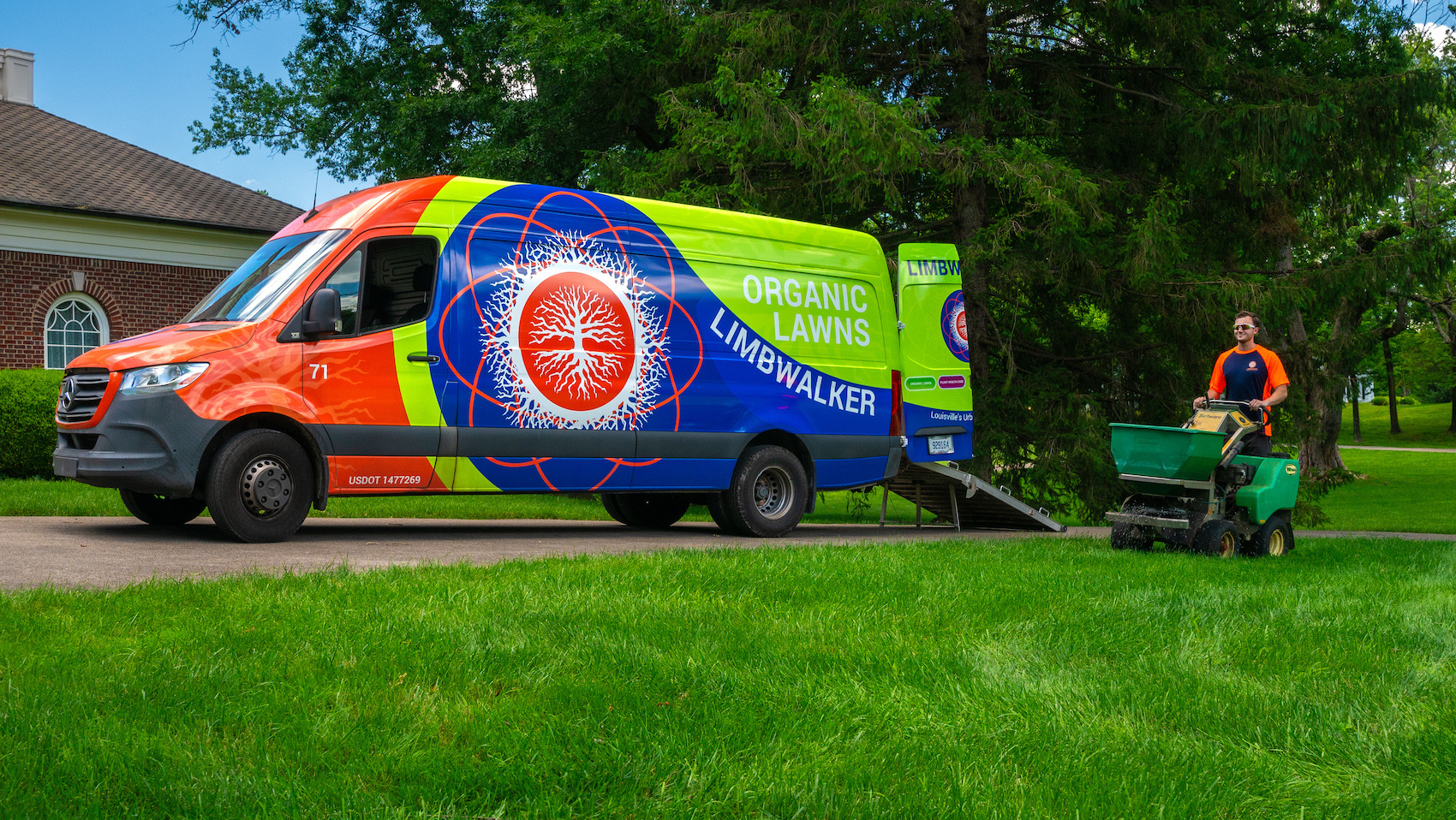
Cultural Practices that Help with Dallisgrass Control
Some of your lawn care habits can also contribute positively to your dallisgrass control efforts. Keep these recommendations in mind.
- Maintain a dense lawn. You’ve probably heard us say before that maintaining a thick and healthy lawn will help naturally choke out weeds. Since weeds have to compete with your healthy turfgrass for survival, the thicker your lawn is, the harder it is for a weed like dallisgrass to grow and spread. Make an effort to fill in bare spots, as it is these areas where weeds tend to creep-in in the first place.
- Mow regularly. Keeping up with mowing is good for your lawn’s overall health. When you allow too much time to pass between mows, you wind up putting a lot of stress on the lawn each time you have to cut it. But regular mowing can also help contribute to dallisgrass control by chopping the seed head off. This can be a bit of a catch-22, though. Those seeds can wind up in the mower blades and get spread around the lawn. If you have dallisgrass that is limited to one area of the lawn, rinse your mower blades after cutting that spot.
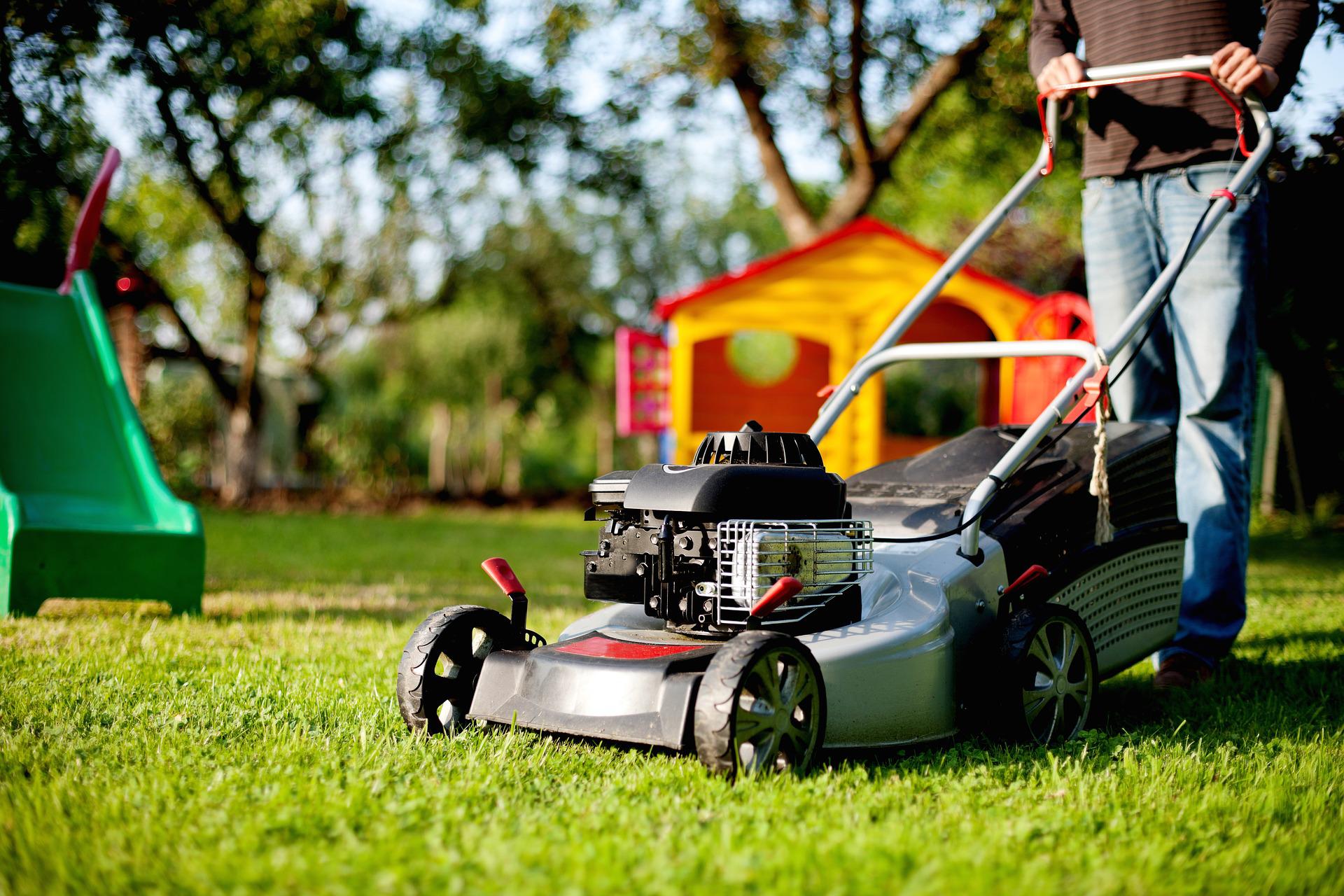
- Make sure you fertilize properly. A properly fertilized lawn tends to be thicker and healthier, which will naturally choke out dallisgrass, like we’ve talked about. But fertilization can come into play in other ways. Dallisgrass tends to perform best in lawns that are high in nitrogen, such as those that have been over-fertilized. Paying attention to proper rates of application is key. A slow-release formula might also be best for lawns with dallisgrass problems.
Partnering with Lawn Care Services in Louisville, KY
At the end of the day, dallisgrass is just one of many potential weeds in Louisville, KY that could be giving you a headache.
There’s no question that weed control can be frustrating and even complicated at times. However, when you have a lawn care expert on your side, the onus does not fall on you to figure it all out.
The beauty of partnering with a lawn care professional is that you can hand over these tasks and let them take care of them for you.
At Limbwalker, we know that weeds like dallisgrass are a major source of frustration, but we are here to help.
With the right approach to weed control, you can be on your way to getting rid of weeds and getting back to enjoying your lawn to the fullest.
Are you ready to have a thick and healthy lawn that naturally chokes out weeds at your Louisville, KY home? Get in touch with us to get a quote for our lawn care programs, which include three lawn care pricing options.

Source: Dallisgrass
